


Clothianidin is a broad-spectrum, highly systemic neonicotinoid insecticide effective against various sucking and chewing pests. It acts on the central nervous system of insects by binding to nicotinic acetylcholine receptors, leading to paralysis and death. Clothianidin is suitable for application to soil, foliage, and seeds, with plant uptake occurring via the cotyledons and roots of emerging seedlings and through the roots of established plants. Translocation studies have shown that clothianidin moves in both acropetal and basipetal directions, ensuring efficient distribution within the plant.


Clothianidin is a broad-spectrum, highly systemic neonicotinoid insecticide effective against various sucking and chewing pests. It acts on the central nervous system of insects by binding to nicotinic acetylcholine receptors, leading to paralysis and death. Clothianidin is suitable for application to soil, foliage, and seeds, with plant uptake occurring via the cotyledons and roots of emerging seedlings and through the roots of established plants. Translocation studies have shown that clothianidin moves in both acropetal and basipetal directions, ensuring efficient distribution within the plant.

.3d8f8f41.svg)
Agrochemicals
Included in Quote
Included in Quote
Included in Quote
Included in Quote
.7767eb0f.png)

Chemical Properties & Specifications
Used to control a wide range of pests, including aphids, whiteflies, and beetles, in crops such as corn, soybeans, and canola.
Applied to ornamental plants to manage insect infestations.
Used as a seed treatment to protect emerging seedlings from soil-dwelling and early-season pests.
Clothianidin 50% WG is a water-dispersible granule formulation containing 50% clothianidin, a neonicotinoid insecticide used to control various sucking and chewing pests in agricultural settings.
Clothianidin acts on the central nervous system of insects by binding to nicotinic acetylcholine receptors, leading to paralysis and death/
It is effective against pests such as aphids, whiteflies, beetles, and certain species of Lepidoptera in crops like corn, soybeans, and canola.
It can be applied to soil, foliage, or as a seed treatment. Application methods and rates depend on the specific crop and pest; always follow label instructions and local regulations.
Clothianidin is highly toxic to bees and aquatic invertebrates. To minimize risks, avoid application during bloom periods and implement buffer zones to protect water bodies.
Clothianidin is persistent and mobile in the environment, with potential to leach into groundwater and surface water. Proper application techniques and adherence to regulations are essential to mitigate environmental impact.
Wear protective clothing, gloves, and eye protection. Avoid inhalation of dust or spray mist, and wash thoroughly after handling.
In case of skin contact, wash with soap and water. If inhaled, move to fresh air. In case of ingestion, seek medical attention immediately. Always have the product label or Safety Data Sheet (SDS) available when seeking medical advice.
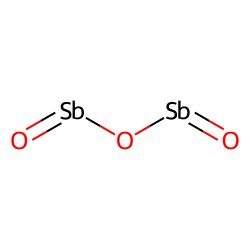
CAS No. : 1309-64-4
Category : Inorganic compound
Sub-Category : Flame retardants
Description: Antimony trioxide (Sb2O3) is an inorganic compound commonly used as a flame retardant and as a catal...
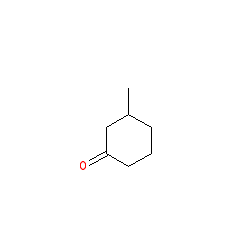
CAS No. : 36306-87-3
Category : Fragrance Ingredients
Sub-Category : Aroma Chemicals
Description: Kephalis is widley used in many industries. It plays a key role in the production of resins, coating...
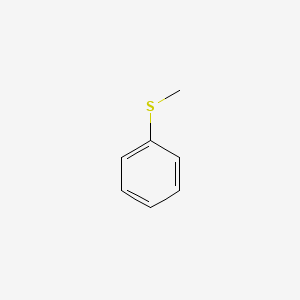
CAS No. : 100-68-5
Category : Pharmaceutical Actives & Precursors
Sub-Category : Intermediates & Precursors
Description: Thioanisole is a colorless to light yellow liquid with an aromatic odor. It serves as a valuable int...
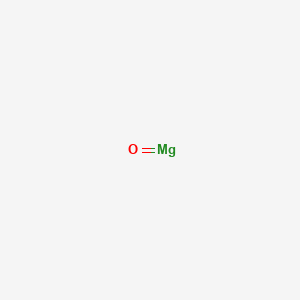
CAS No. : 1309-48-4
Category : Inorganic compound
Sub-Category : Magnesium compounds
Description: Magnesium oxide, commonly known as magnesia, is a white hygroscopic solid mineral that occurs natura...
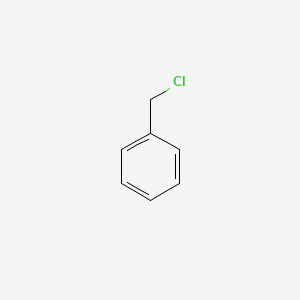
CAS No. : 100-44-7
Category : Organic Intermediate
Sub-Category : Reagents
Description: Benzyl Chloride is a colorless to pale yellow liquid with a pungent odor. It is primarily used as an...